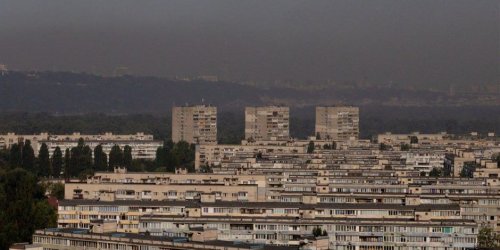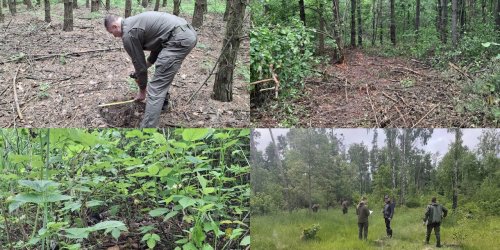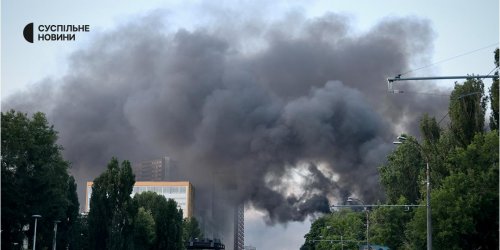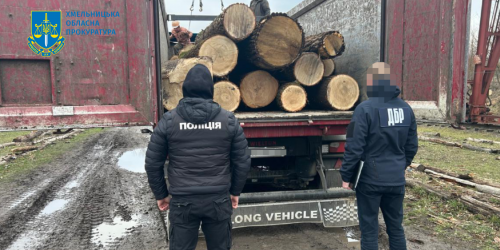A preliminary assessment of the impact of the war in Ukraine on the ecological situation showed that war is literally toxic, and future generations will live with a toxic legacy.
The research was carried out by specialists of the United Nations Environment Program (UNEP) and its partner organizations, reports UN News.
The authors of the study reported on air, water and soil pollution, fires in nature reserves and hazardous military waste.
"The mapping and initial assessment of environmental hazards confirm that war is literally toxic," said UNEP Executive Director Inger Andersen. "The first priority is to stop this senseless destruction as soon as possible."
She emphasized that it is about a safe future for Ukrainians and their neighbors, and therefore it is necessary to stop the task of further harm.
The article noted that in March 2022, the UN General Assembly adopted two resolutions: "Aggression against Ukraine" and "Humanitarian consequences of aggression against Ukraine."
Andersen added that Ukraine will need massive international support to assess, mitigate and repair damage across the country, as well as to reduce risks for the entire region.
These include, in particular, incidents at nuclear power plants, energy infrastructure facilities, including oil storage tanks, oil refineries, drilling platforms, gas facilities and distribution pipelines, mines and industrial facilities, as well as enterprises of the agro-industrial complex.
The result was numerous cases of air pollution with potentially serious contamination of ground and surface water.
Significant damage was also caused to the water supply infrastructure, including pumping stations, treatment and sewage facilities.
In addition, hazardous substances were released due to explosions in warehouses of the agro-industrial complex, including factories for the production of fertilizers and nitric acid. There are also reports of attacks on several large livestock farms, resulting in the death of livestock.
Many industrial facilities, warehouses and factories were also damaged, where dangerous substances were located, including solvents, ammonia and plastics.
In many urban areas, the disposal of destroyed housing is also problematic, as the debris may contain hazardous materials such as asbestos.
Satellite images show a significant increase in the number of fires in nature reserves and protected areas, as well as in forest areas.
In addition, environmental pollution due to the widespread use of weapons, in particular in populated areas, as well as large volumes of military waste, such as destroyed military vehicles, create a serious problem.
Earlier, EcoPolitic wrote, that on August 1 due to hostilities in Ukraine at least 388 enterprises and 28 oil depots are damaged, destroyed or captured.
As EcoPolitic previously reported, more people die from poisoning by carcinogenic gases as a result of rocket hits.





